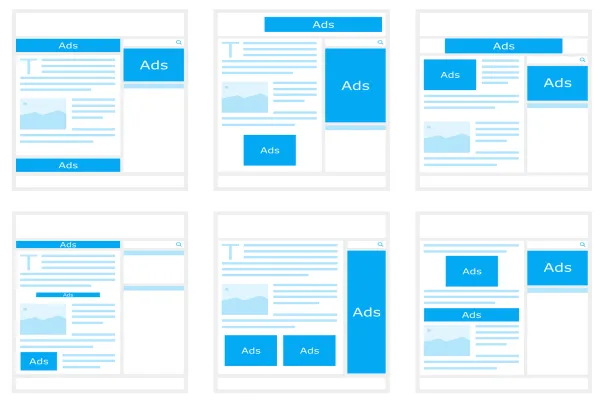Media and publishing companies typically run their business based on segmented revenue streams, like advertising, promotions etc. Here revenue stream often reports vertically to ensure the steep rise in global annual turnover. But could it be the right time for the publisher to focus on paid ARPU, subscription and memberships?
Thanks to major content players like Netflix, Amazon, Spotify and the other who have leveraged subscription model and proved users are willing to pay for the quality content. Perhaps, it’s high time when the publishing industry should focus more on fixing their business model and less on ways to further enhance the content production.
Leading publishers, like The New York Times, Wall Street Journal, Financial Times, The New Yorker are increasingly choosing the subscription path.
The New York Times in its 2020 report, titled Journalism That Stands Apart, said:
We are, in the simplest terms, a subscription-first business. Our focus on subscribers sets us apart in crucial ways from many other media organizations. We are not trying to maximize clicks and sell low-margin advertising against them. We are not trying to win a pageviews arms race. We believe that the more sound business strategy for The Times is to provide journalism so strong that several million people around the world are willing to pay for it.
With this, the question arises - how these organizations are increasing their ARPU with paid subscriptions, memberships, events, and lead generation.
First, publishers need to work on their content strategy and user experience to boost audience engagement. Simultaneously, they need to consider their audience base and figure out their goal. They can also think about - what is the unique value proposition you can offer to your client? And how to ensure they are aware of it?
Of course, here, introducing a premium model should be the first step, but more needs to be done if the transition is to be successful. Let’s have a look at four key areas publishing houses can work on.
- Paid Subscription: Publishers are turning directly to site viewers for paid subscriptions rather than relying on advertising. Typically, a subscription model requires users to pay money to get access to a product or service. It works best when the company provides highly specialized and unique information that readers can’t find anywhere else.
- Membership: A membership is the notion of belonging. It says nothing of cost or price, though most memberships end up having a cost to them. Membership programs are exclusive as it has tremendous benefits. Being a valuable member gets you access to other members – which may be the thing that is most valued.
- Events: Hosting events to diversify revenue streams is nothing new. Often event organizers combine their resources showcasing the magazine’s content as part of a unique offering. A planned occasion not only provides an additional revenue stream but also increases subscribers base. According to the American Press Institute, “Incorporating an events strategy with publishing also strengthens a publisher’s brand and bottom line while deepening connections with audiences, sponsors, and advertisers.”
- Lead Generation: It typically starts with data collection pushing prospects to landing pages and asking them to fill lead-gen collection forms to get free ebooks, whitepaper, and other resources. These data are used to better understand the leads, engage with them and enhance lead-gen programs. Here, email marketing helps publishers to reach their targeted audience.
Further, publishers can utilize proven online marketing methods, such as webinars, co-registration, affiliate partnerships, search engine optimization and others.
Are you interested in getting a subscription feature for your own website to provide services to your customers? Not only we help you in keeping track of customers and their subscriptions, but we also handle end-to-end Drupal management services. Get in touch with our experts to find out how you can use the subscription model to increase your ARPU.





